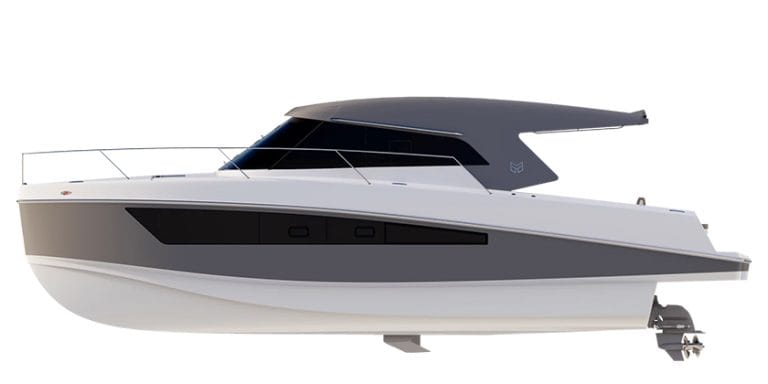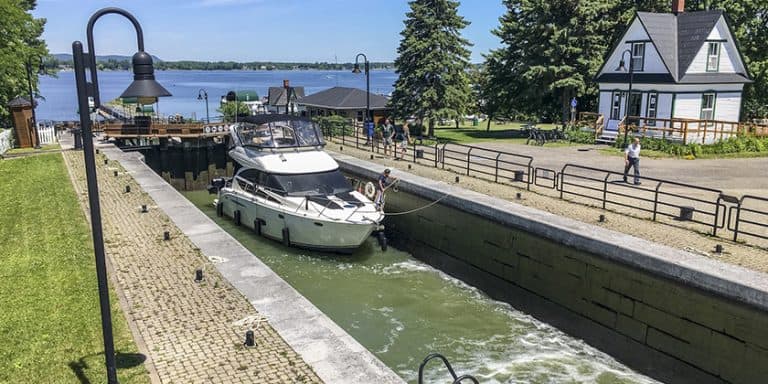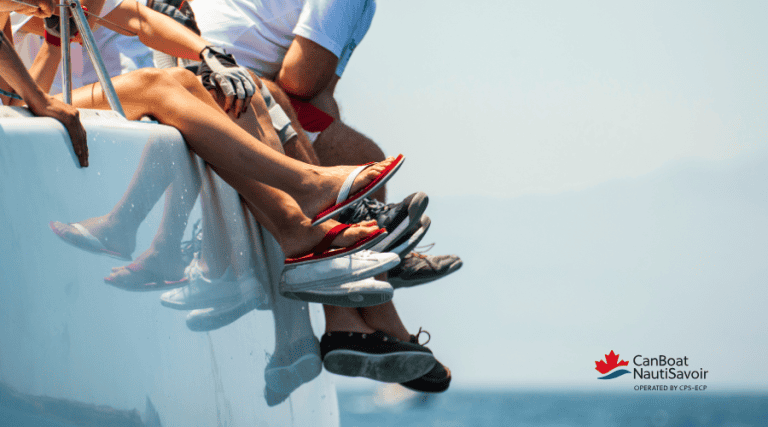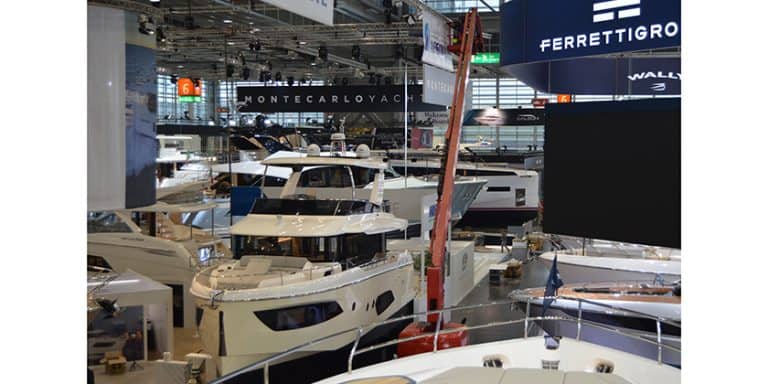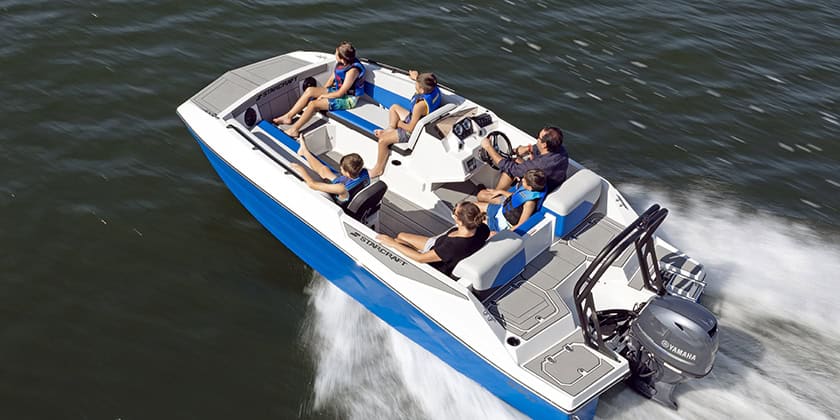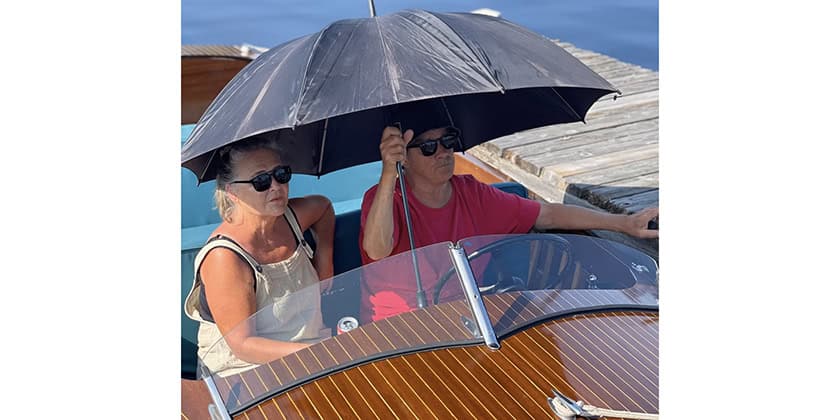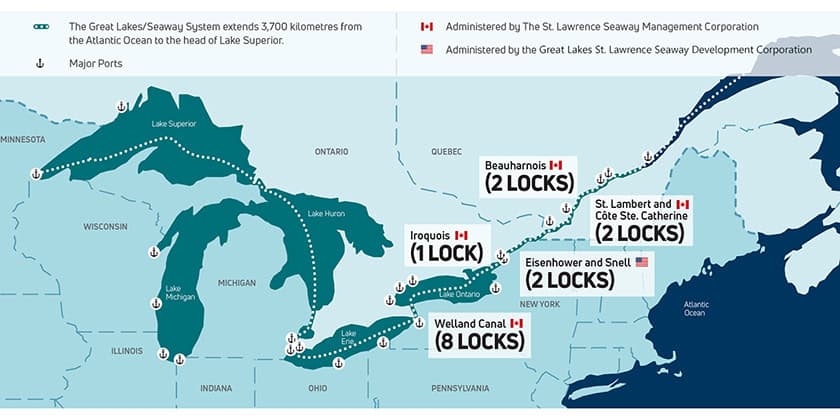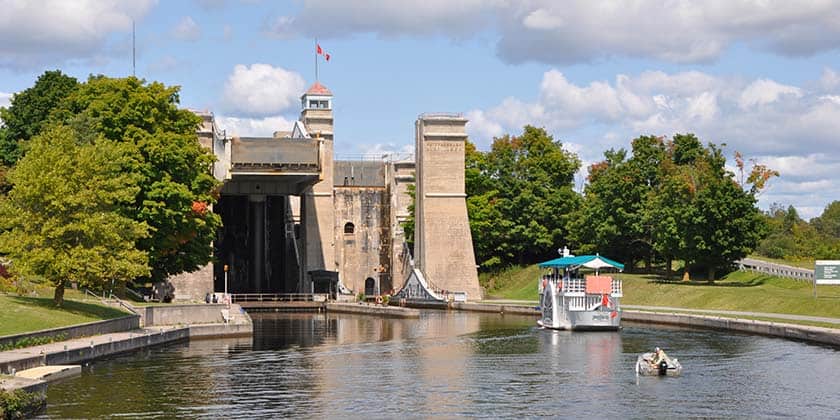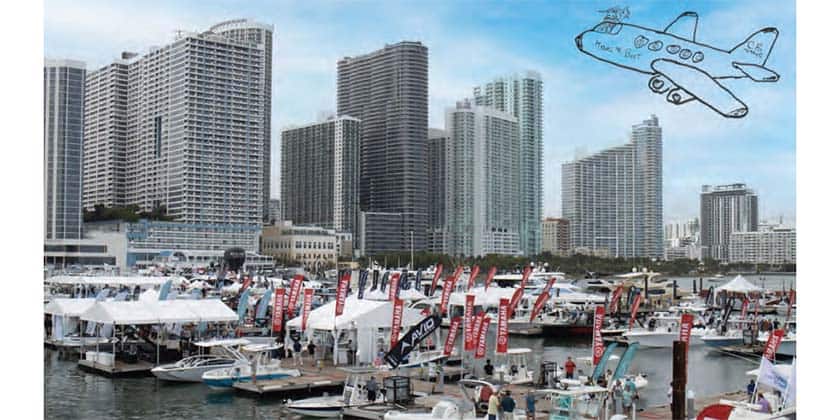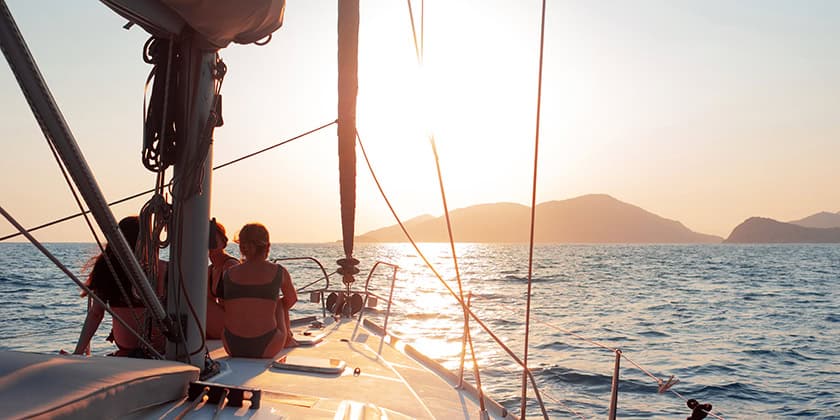Promoting Safe Boating Practices to Canadians
North American Safe Boating Awareness Week will take place across Canada from May 17th to May 23rd, 2014. The purpose of this initiative, managed by the CSBC (Canadian Safe Boating Council) and its partners, is to promote safe and responsible boating practices to the estimated 16 million recreational boaters in Canada.
Although boating related fatalities have trended downwards in past years, there continues to be an average of over 100 boating related deaths annually in Canadian waters. With people gearing-up to launch their boats after a long winter slumber, the goal of the week is to continue to bring those numbers down by ensuring that Canadians who head out in any type of boat have the appropriate knowledge to help them have a safe day on the water.
The timing of the week, starting on the May long weekend, is perfectly aligned with the unofficial start of summer and a time when many boating fatalities occur.
There are five key boating safety messages to be delivered, all directed towards the most common boating related accidents. They include:
1. The importance of wearing a lifejacket
2. The dangers associated with drinking and boating
3. The importance of taking a safe boating course
4. Ensuring that you and your vessel are prepared before casting off
5. The risks associated with a fall into cold water
To help media in communicating safe boating messages, short stories to be used as discrete articles and 30-
second audio and video PSAs are available. They are easy to download and free of charge on the www.csbc.ca
website. Beta quality is also available upon request.
In addition to offering media ready materials, a number of activities are taking place during this year’s
campaign.
Launches
In Canada, there will be four launches for media, public and boating safety educators alike. On May 15th,
Toronto, Halifax and Winnipeg will kick of North American Safe Boating Awareness Week. Vancouver will launch
Safe Boating Awareness Week on May 17th with a Ready Set Wear It (RSWI) activity as part of their event.
Ready, Set, Wear It
As a part of North American Safe Boating Awareness Week this year, the fourth annual Ready, Set, Wear It (RSWI)
initiative will take place. Aimed at increasing awareness around the importance of lifejackets and boating
safety, RSWI aims to set a new world’s record for the most lifejackets worn and the highest number of
inflatable lifejackets inflated. Last year, 5,774 participants from across six countries (including the USA,
Australia, Brazil, Japan and Finland) took part in this event. The RSWI goal is to bring together boating
safety educators, marine enforcement officials, politicians, media and the general public around the world to
surpass this number. To see a list of events registered across Canada, visit www.readysetwearit.com.
The Safe Boating Awareness Week initiative is promoted by the Canadian Safe Boating Council (CSBC), a
registered charity, with support from its members, partners and Transport Canada Office of Boating.
For additional information on both the event and boating safety information, please visit www.smartboater.ca and www.csbc.ca


